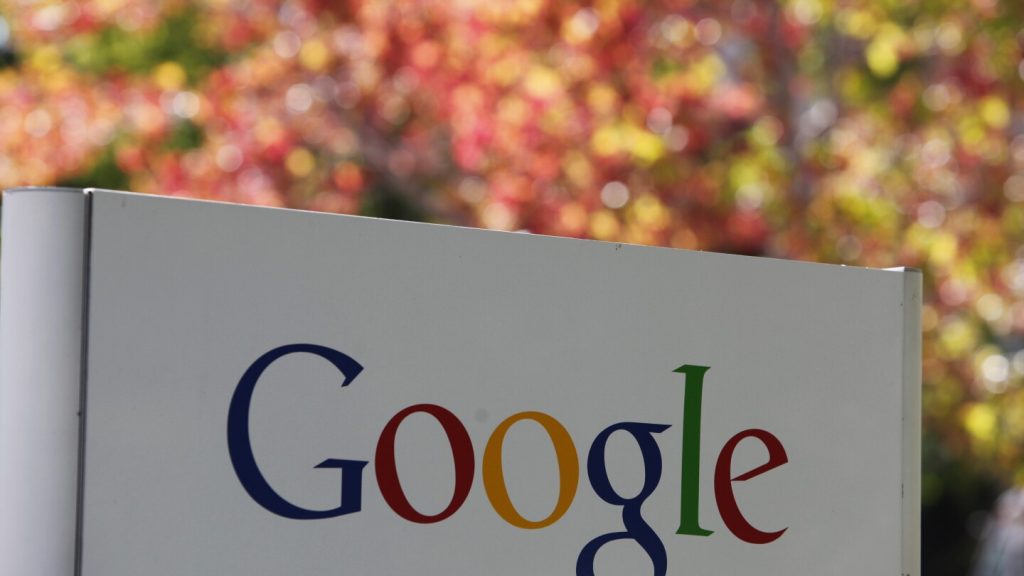A trial is currently ongoing in federal court in Alexandria, Virginia, to determine if Google’s ad tech stack constitutes an illegal monopoly. The Justice Department and a coalition of states argue that Google’s dominance in controlling the sale of internet display ads is unfair and should be broken up. The trial has shed light on the behind-the-scenes electronic auctions that place ads in front of consumers in milliseconds.
The evolution of online advertising has seen significant advancements in algorithms that match ads to users’ interests. Google claims to have invested billions of dollars to improve the quality of ads seen by consumers and to help advertisers reach their target audience. However, the government contends that Google has rigged automated ad auctions to favor itself over other industry players and deprived the publishing industry of revenue.
The government has detailed the auction process and its evolution over the years in court. The process involves ad servers used by publishers, ad networks utilized by advertisers, and the ad exchange that hosts instant auctions to match publishers with advertisers. Google’s practices favored its own ad exchange, AdX, by giving it the first chance to match a publisher’s floor price, even if other exchanges were willing to pay more. This led publishers to find workarounds like conducting auctions outside of Google’s control through “header bidding.”
Google claimed its system was necessary for quick ad loading, but publishers viewed it as unfavorable. Google’s control of all three components of the process led to contentious practices like forcing winning bids back into its ad exchange through software like DoubleClick For Publishers. This control limited the value publishers could achieve in auctions and disadvantaged competing ad exchanges.
Although Google says it has not used these auction tactics since 2019 and that its market share has eroded over the last five years, the government argues that Google maintained its monopoly in the ad tech market leading up to 2019. Google’s innovations in real-time bidding and matching online ads to consumer interests have fueled improvements in ad targeting but have also raised concerns about monopolistic practices and revenue sharing.
The Virginia trial follows a recent ruling in Washington that found Google’s search engine to be an illegal monopoly. The decision on potential remedies for Google’s anti-competitive practices remains pending. As the trial unfolds, the focus is on determining whether Google’s ad tech stack has violated antitrust laws and if measures should be taken to ensure a more competitive landscape in the online advertising industry.


